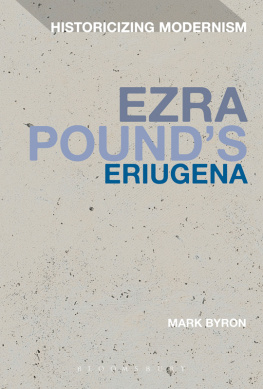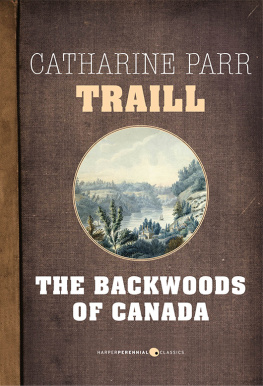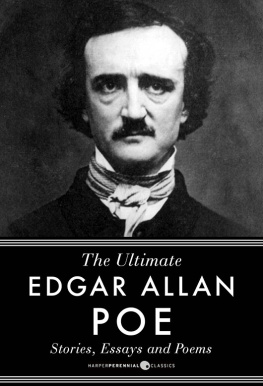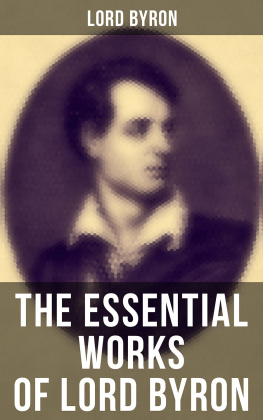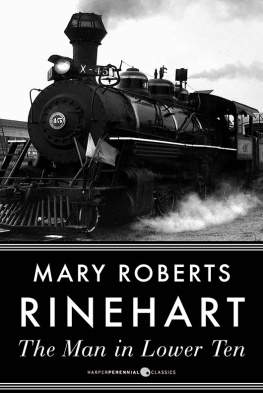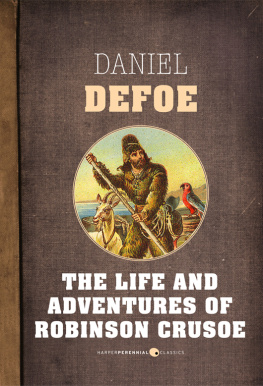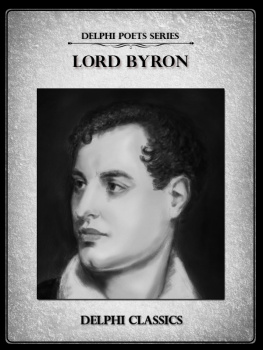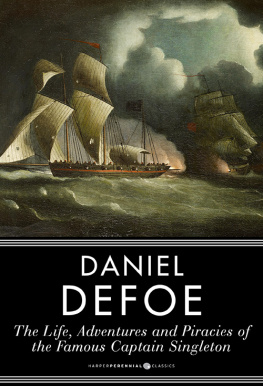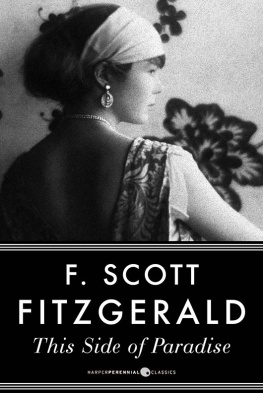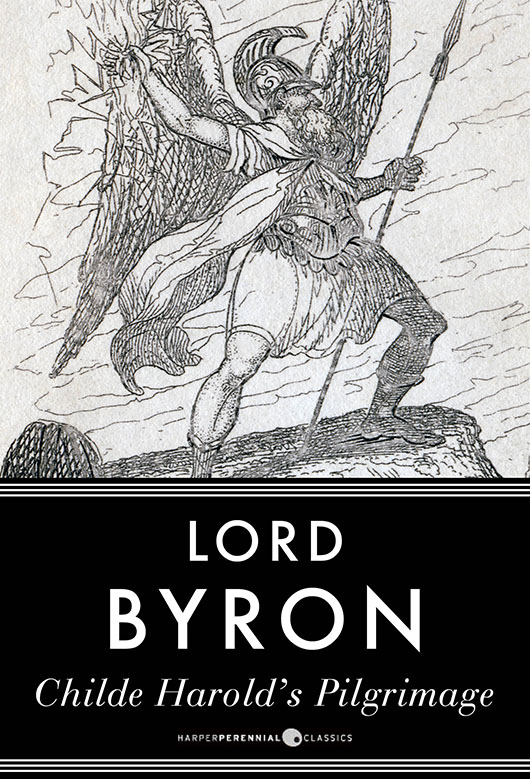The following poem was written, for the most part, amidst the scenes which it attempts to describe. It was begun in Albania; and the parts relative to Spain and Portugal were composed from the authors observations in those countries. Thus much it may be necessary to state for the correctness of the descriptions. The scenes attempted to be sketched are in Spain, Portugal, Epirus, Acarnania, and Greece. There, for the present, the poem stops; its reception will determine whether the author may venture to conduct his readers to the capital of the East, through Ionia and Phrygia: these two cantos are merely experimental. A fictitious character is introduced for the sake of giving some connection to the piece; which, however, makes no pretension to regularity.
It has been suggested to me by friends, on whose opinion I set a high value, that in this fictitious character, Childe Harold, I may incur the suspicion of having intended some real personage; this I beg leave, once for all, to disclaimHarold is the child of imagination, for the purpose I have stated. In some very trivial particulars, and those merely local, there might be grounds for such a notion; but in the main points, I should hope, none whatever. It is almost superfluous to mention that the appellation Childe, as Childe Waters, Childe Childers, etc., is used as more consonant with the old structure of versification which I have adopted. The Good Night, in the beginning of the first canto, was suggested by Lord Maxwells Good Night, in the Border Minstrelsy, edited by Mr. Scott. With the different poems which have been published on Spanish subjects, there may be found some slight coincidence in the first part, which treats of the Peninsula, but it can only be casual; as, with the exception of a few concluding stanzas, the whole of this poem was written in the Levant.
The stanza of Spenser, according to one of our most successful poets, admits of every variety. Dr. Beattie makes the following observation: Not long ago, I began a poem in the style and stanza of Spenser, in which I propose to give full scope to my inclination, and be either droll or pathetic, descriptive or sentimental, tender or satirical, as the humour strikes me; for, if I mistake not, the measure which I have adopted admits equally of all these kinds of composition. Strengthened in my opinion by such authority, and by the example of some in the highest order of Italian poets, I shall make no apology for attempts at similar variations in the following composition; satisfied that if they are unsuccessful, their failure must be in the execution, rather than in the design, sanctioned by the practice of Ariosto, Thomson, and Beattie. LONDON, February, 1812
I have now waited till almost all our periodical journals have distributed their usual portion of criticism. To the justice of the generality of their criticisms I have nothing to object: it would ill become me to quarrel with their very slight degree of censure, when, perhaps, if they had been less kind they had been more candid.
Returning, therefore, to all and each my best thanks for their liberality, on one point alone shall I venture an observation. Amongst the many objections justly urged to the very indifferent character of the vagrant Childe (whom, notwithstanding many hints to the contrary, I still maintain to be a fictitious personage), it has been stated, that, besides the anachronism, he is very unknightly, as the times of the knights were times of love, honour, and so forth. Now, it so happens that the good old times, when lamour du bon vieux tems, lamour antique, flourished, were the most profligate of all possible centuries. Those who have any doubts on this subject may consult Sainte-Palaye, passim, and more particularly Vol II. The vows of chivalry were no better kept than any other vows, whatsoever; and the songs of the Troubadours were not more decent, and certainly were much less refined, than those of Ovid. The cours damour, parlemens damour, ou de courtesie et de gentilesse had much more of love than of courtesy or gentleness.
See Rolland on the same subject with Sainte-Palaye. Whatever other objection may be urged to that most unamiable personage Childe Harold, he was so far perfectly knightly in his attributesNo waiter, but a knight templar. By the by, I fear that Sir Tristem and Sir Lancelot were not better than they should be, although very poetical personages and true knights, sans peur, though not sans reproche. If the story of the institution of the Garter be not a fable, the knights of that order have for several centuries borne the badge of a Countess of Salisbury, of indifferent memory. So much for chivalry. Burke need not have regretted that its days are over, though Marie-Antoinette was quite as chaste as most of those in whose honour lances were shivered, and knights unhorsed.
I now leave Childe Harold to live his day, such as he is; it had been more agreeable, and certainly more easy, to have drawn an amiable character. It had been easy to varnish over his faults, to make him do more and express less, but he never was intended as an example, further than to show, that early perversion of mind and morals leads to satiety of past pleasures and disappointment in new ones, and that even the beauties of nature and the stimulus of travel (except ambition, the most powerful of all excitements) are lost on a soul so constituted, or rather misdirected. Had I proceeded with the poem, this character would have deepened as he drew to the close; for the outline which I once meant to fill up for him was, with some exceptions, the sketch of a modern Timon, perhaps a poetical Zeluco. LONDON, 1813
To Ianthe Not in those climes where I have late been straying, Though Beauty long hath there been matchless deemd; Not in those visions to the heart displaying Forms which it sighs but to have only dreamd, Hath aught like thee in truth or fancy seemd. Nor, having seen thee, shall I vainly seek To paint those charms which varied as they beamd: To such as see thee not my words were weak; To those who gaze on thee what language could they speak? Ah! mayst thou ever be what now thou art, Nor unbeseem the promise of thy spring, As fair in form, as warm yet pure in heart, Loves image upon earth without his wing, And guileless beyond Hopes imagining! And surely she who now so fondly rears Thy youth, in thee, thus hourly brightening, Beholds the rainbow of her future years, Before whose heavenly hues all sorrow disappears. Young Peri of the West!tis well for me My years already doubly number thine; My loveless eye unmoved may gaze on thee, And safely view thy ripening beauties shine; Happy, I neer shall see them in decline; Happier, that while all younger hearts shall bleed, Mine shall escape the doom thine eyes assign To those whose admiration shall succeed, But mixd with pangs to Loves even loveliest hours decreed.
Oh! let that eye, which, wild as the Gazelles, Now brightly bold or beautifully shy, Wins as it wanders, dazzles where it dwells, Glance oer this page, nor to my verse deny That smile for which my breast might vainly sigh Could I to thee be ever more than friend. This much, dear maid, accord; nor question why To one so young my strain I would commend, But bid me with my wreath one matchless lily blend. Such is thy name with this my verse entwined; And long as kinder eyes a look shall cast On Harolds page, Ianthes here enshrined Shall thus be first beheld, forgotten last: My days once numberd, should this homage past Attract thy fairy fingers near the lyre Of him who haild thee, loveliest as thou wast, Such is the most my memory may desire; Though more than Hope can claim, could Friendship less require?


